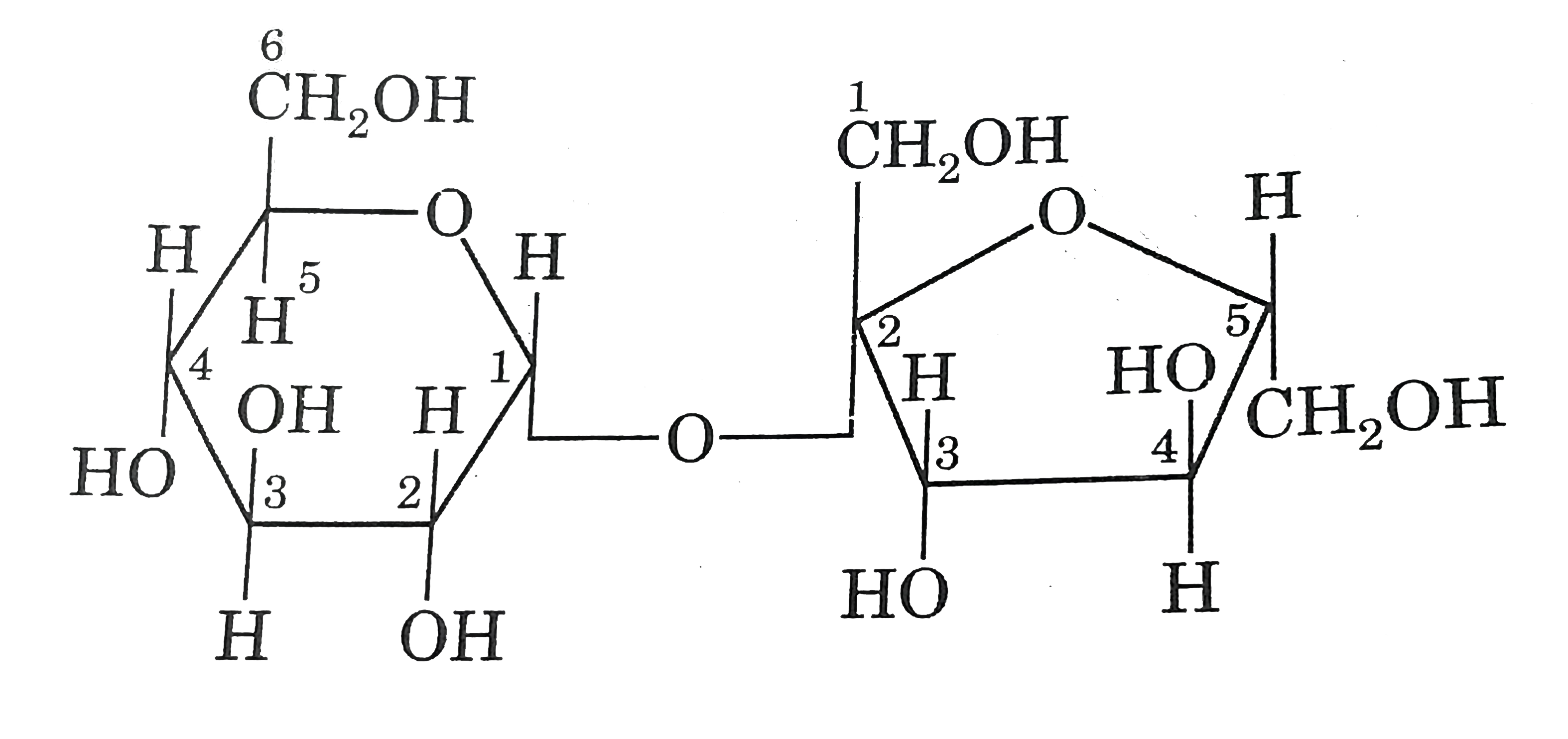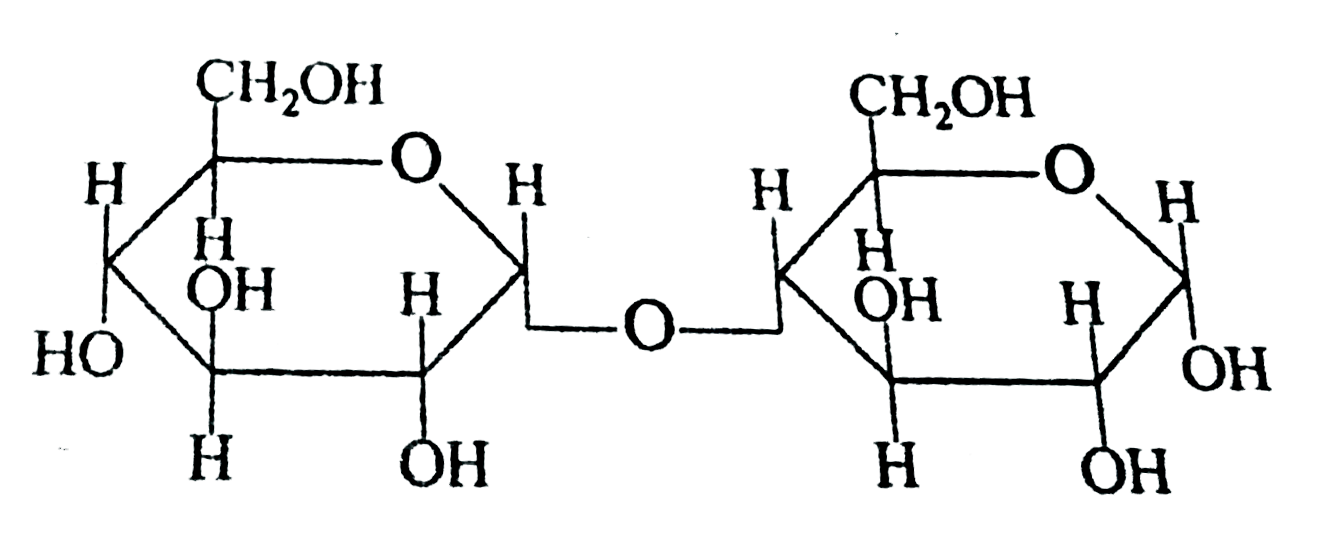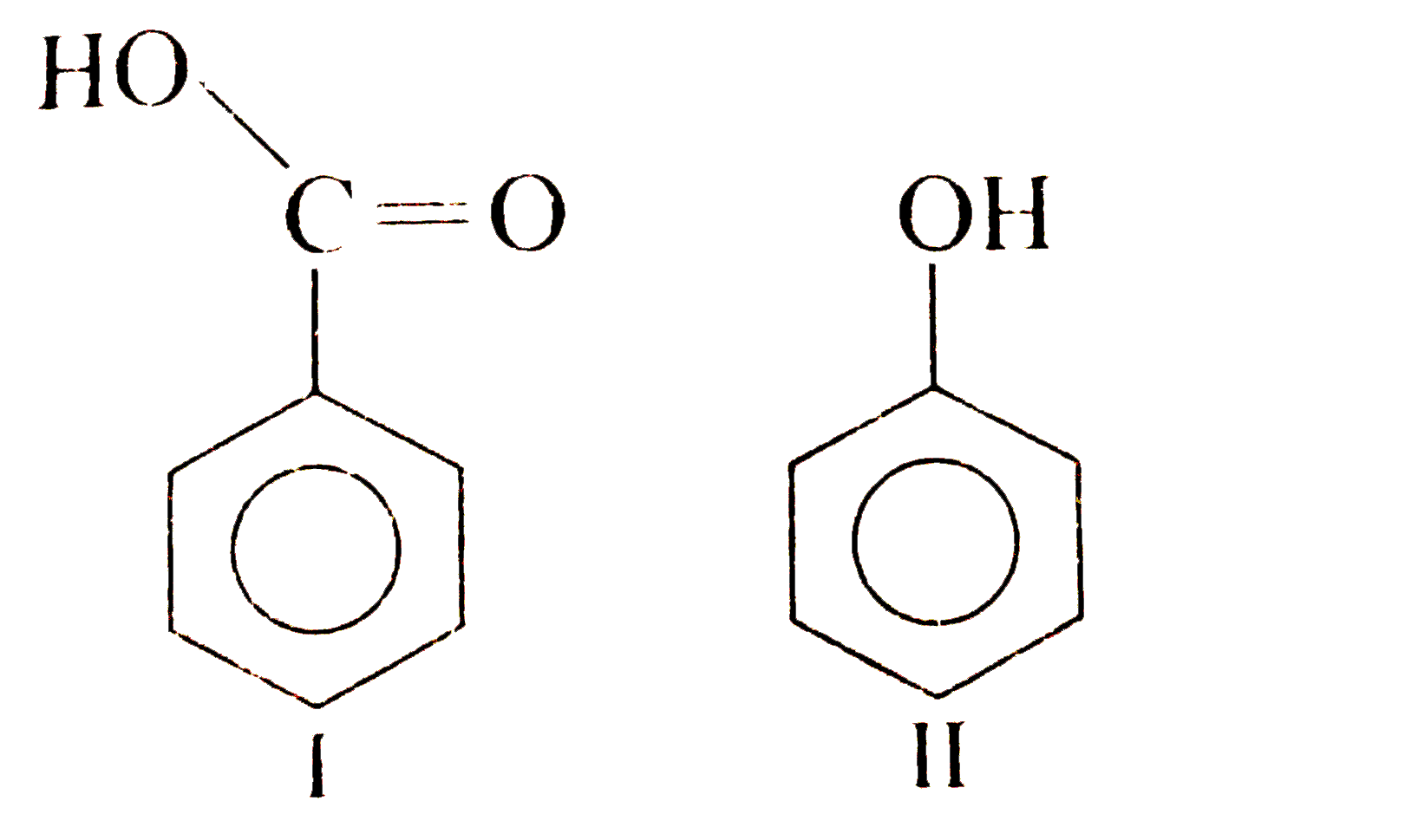Which statement is correct ?
Molecularity of a reaction is same as the order of reaction
In some cases order of reaction may be same as the molecularity of the reaction
Molecularity may be zero
Molecularity may be fractional
The correct Answer is:B
To determine which statement is correct regarding the relationship between molecularity and order of a reaction, we need to analyze the definitions and characteristics of both concepts.
1. Understanding Molecularity:
- Molecularity refers to the number of reactant molecules that collide in an elementary reaction step. It is a theoretical concept and is always a whole number (1, 2, 3, etc.). It cannot be zero, negative, or fractional.
2. Understanding Order of Reaction:
- The order of a reaction is determined experimentally and refers to the power to which the concentration of a reactant is raised in the rate law expression. The order can be zero, positive, negative, or fractional.
3. Comparison of Molecularity and Order:
- In some cases, the order of a reaction may be the same as its molecularity. For example, in a simple elementary reaction where two molecules collide, both the order and molecularity would be 2.
- However, there are many instances where the order does not equal the molecularity. For example, in a reaction where the rate depends on the concentration of one reactant raised to a power, the order can be different from the molecularity.
4. Examples:
- Consider the reaction:
R−C(O)−O−R+H2O→R−OH+R−COOH
Here, the molecularity is 2 (two molecules are involved), but the order may be 1 based on experimental data.
- Another example is the decomposition of N2O5:
2N2O5→4N2O4+O2
In this case, both the order and molecularity can be 1.
5. Conclusion:
- Therefore, the statement "the molecularity of a reaction is the same as the order of the reaction" is not universally true. It can be true in some specific cases, but not in general. Hence, the statement is incorrect.
Final Answer:
The correct statement is: "In some cases, the order and molecularity of a reaction can be the same."
- Molecularity refers to the number of reactant molecules that collide in an elementary reaction step. It is a theoretical concept and is always a whole number (1, 2, 3, etc.). It cannot be zero, negative, or fractional.
- The order of a reaction is determined experimentally and refers to the power to which the concentration of a reactant is raised in the rate law expression. The order can be zero, positive, negative, or fractional.
- In some cases, the order of a reaction may be the same as its molecularity. For example, in a simple elementary reaction where two molecules collide, both the order and molecularity would be 2.
- However, there are many instances where the order does not equal the molecularity. For example, in a reaction where the rate depends on the concentration of one reactant raised to a power, the order can be different from the molecularity.
- Consider the reaction:
R−C(O)−O−R+H2O→R−OH+R−COOH
Here, the molecularity is 2 (two molecules are involved), but the order may be 1 based on experimental data.
- Another example is the decomposition of N2O5:
2N2O5→4N2O4+O2
In this case, both the order and molecularity can be 1.
- Therefore, the statement "the molecularity of a reaction is the same as the order of the reaction" is not universally true. It can be true in some specific cases, but not in general. Hence, the statement is incorrect.
The correct statement is: "In some cases, the order and molecularity of a reaction can be the same."
Topper's Solved these Questions
- CHEMICAL KINETICS BOOK - NARAYNACHAPTER - CHEMICAL KINETICS EXERCISE - EXERCISE -1 (C.W) (RATE OF REACTION & FACTORS)
14 Videos
- CHEMICAL KINETICS BOOK - NARAYNACHAPTER - CHEMICAL KINETICS EXERCISE - EXERCISE -1 (C.W) (ORDER OF REACTION)
14 Videos
- CHEMICAL KINETICS BOOK - NARAYNACHAPTER - CHEMICAL KINETICS EXERCISE - CHECK YOUR GRASP
14 Videos
- CARBOXYLIC ACIDBOOK - NARAYNACHAPTER - CARBOXYLIC ACIDEXERCISE - All Questions
288 Videos
- CHEMISTRY IN EVERYDAY LIFEBOOK - NARAYNACHAPTER - CHEMISTRY IN EVERYDAY LIFEEXERCISE - ASSERTION & REASON TYPE QUESTIONS
10 Videos
Similar Questions
Knowledge Check
Which statements is correct in the following ?
AAll metals are tensileBAll non - metals are tensileCGenerally metals are tensileDSome non - metals are tensileWhich statement si correct ?
ALaw of mass action and ate law expressions are same for single step reactionsBOrder of the slowest emementary reaction of a complex reaction gives the order of the complex reactionCBoth order and molecularity have normally maximum value of 3DAll of the aboveWhich statements is correct?
A(δHδT)P=(δUδT)V=RB(δHδT)P>(δUδT)VC(δUΔV)T for ideal gas is zeroDAll of these




